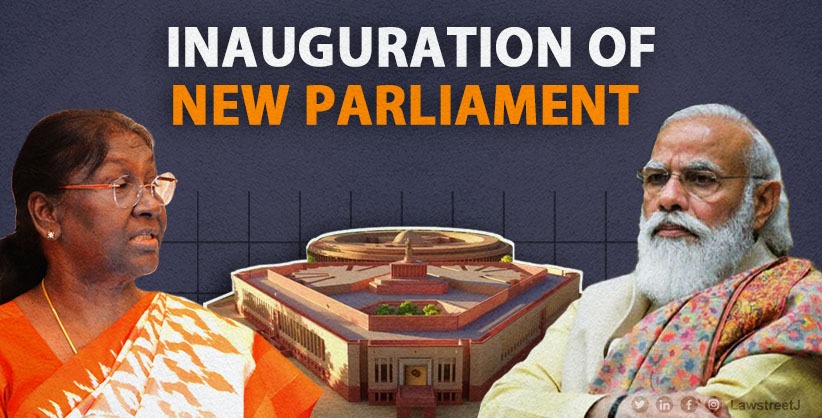The Transgender (Protection of Rights) Bill, 2019, was passed by the Parliament today (November 26, 2019) when the Rajya Sabha gave it a go-ahead without seeking any amendments despite the fact that more than a thousand citizens marched the streets of Delhi on November 24, 2019, in support of Indias sexual diversity and raised their voices against the horrors of the bill.
The bill was introduced by the Minister for Social Justice and Empowerment, Thawarchand Gehlot on July 19, 2019, and passed by the Lok Sabha on August 5, 2019. Apparently, the Government introduced this bill to provide for protection of rights of transgender persons and their welfare supposedly in alignment with the views expressed by the Supreme Court in the matter.
The Supreme Court on April 15, 2014, in the case of National Legal Services Authority v. Union of India AIR 2014 SC 1863 held that the Transgender community had the right to be identified as the third gender and the Central & State Governments should frame schemes for protection against discrimination and the welfare, education, reservation and medical care of the community.
The main concern of the protestors was that the bill was in direct contradiction with the Supreme Courts verdict in relation to prohibition of discrimination and recognition of transgender people as the third gender. Citizens were reported quoting that the bill itself propagated discrimination against the community by calling for registration first as a transgender and then asking for certain medical inspection procedures to confirm change of identity on paper after one went through a Sex Reassignment Surgery or SRS. Thirdly, the penal provisions provided for rape and endangerment of the life of transgender persons, are highly disproportionate in comparison to the gravity of the crime. Punishment for rape of women in India as per the Indian Penal Code, 1860, is life imprisonment or even death in rare cases while the bill provides room for punishment extending from six months to two years for the rape of transgender people.
Furthermore, the bill provides for no reservation policy for transgender people in education or for the purpose of employment in Government offices. Protestors demanded a discourse on bullying of the members of the community at school and at workplace. The bill has left it for the court to decide whether trans-people would stay in their family homes or with the community or be sent to rehabilitation centres as a third option while the youth of the community would have no say in the matter. People of the community confess that a provision relating to setting up of rehab centres reiterates the long-standing stigma of transgenderism or homosexuality being a disease.
In this regard, the SC had stated that,
Transgender people are generally excluded from the society and people think transgenderism as a medical disease... transgenderism is not a disease at all, but a benign normal variant of the human experience akin to left- handedness. Therefore, gender identification becomes very essential component which is required for enjoying civil rights by this community.

![Parliament Passes Transgender (Protection of Rights) Bill, 2019 Despite Mass Protests [Read Bill]](/secure/uploads/2019/11/lj_4696_Parliament_Passes_Transgender_(Protection_of_Rights)_Bill,_2019.jpg)

![Supreme Court Halts Rs 100 Cr Penalty in Avulapalli Reservoir Project on Condition of Rs 25 Cr Deposit [Read Order]](/secure/uploads/2023/05/lj_3601_Avulapalli_reservoir_project.jpg)

![Supreme Court Sets Aside Death Penalty in Rape-Murder Case of 6-Year-Old Child [Read Judgment]](/secure/uploads/2023/05/lj_5347_c4cc7e8a-a43f-4598-a98e-5a9cbde583d0.jpg)




